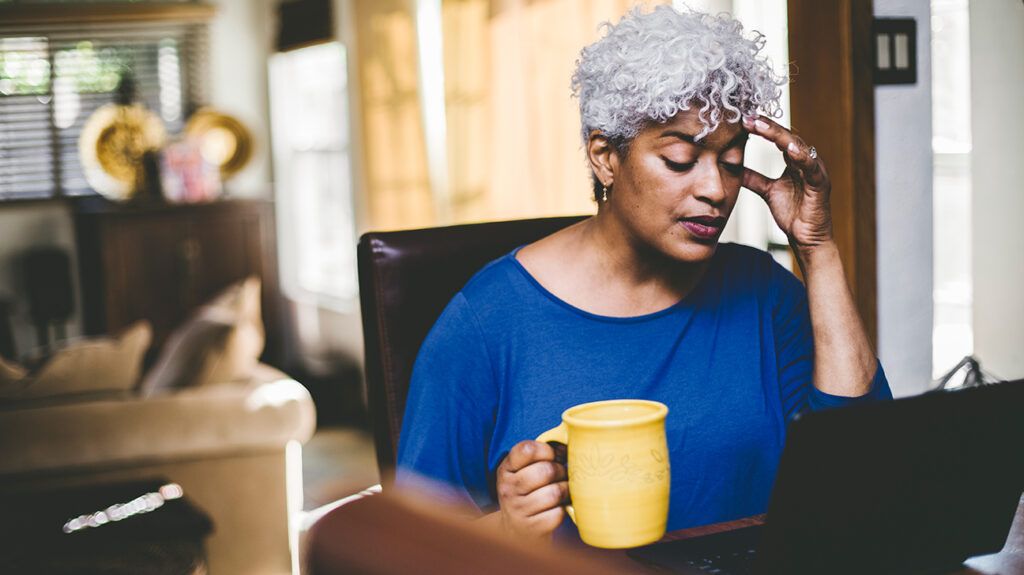
Caffeine has long been linked to migraine attacks. But whether it’s a trigger or a cure to migraine remains unclear.
Caffeine is a well-known and effective ingredient in many over-the-counter and prescription migraine medications. But it’s also one of the top foods to avoid if you live with migraine.
Why is this? Is caffeine both a trigger and a cure?
Well, yes. But the relationship between the two is complex.
Migraine is more than a severe headache. It’s a chronic neurological disorder characterized by pulsing episodes of debilitating headaches along with several other symptoms.
Headache symptoms may include:
- throbbing sensation
- one-sided
- moderate to severe in intensity
- may last from a few hours to 3 days
- worsens with physical activity
Other migraine symptoms may include:
- extreme sensitivity to light, sound, and smells
- visual symptoms like flashing lights or zigzag lines
- nausea
- vomiting
- fatigue
According to the
Caffeine has long been associated with migraine, but whether it’s more of a trigger or a cure remains unclear.
Caffeine is commonly used in headache and migraine medications, as it helps reduce inflammation and enhances the effects of the other active ingredients. It seems to relieve acute pain in many people, particularly those in the middle of an attack.
But in some cases, it appears that caffeine may trigger a migraine episode. Could the link be due to caffeine overconsumption or withdrawal? Or are some people simply more sensitive to it?
Researchers have looked into this complex relationship, but there are no cut-and-dry answers.
In a
The results showed:
- It appears to take less caffeine to trigger a headache in people who don’t consume it very often. For instance, just one or two cups of a caffeinated drink increased the risk of migraine in participants who typically consumed less than one serving a day.
- The chances of having a migraine episode increased for participants consuming three or more caffeinated beverages a day, but not for those drinking one to two servings a day. These effects lasted throughout the day.
- The association between caffeine and migraine holds true even after factoring in alcohol use, physical activity, and sleeping patterns.
The researchers concluded that there may be a nonlinear (hit-or-miss) link between caffeine consumption and the chances of developing a migraine that day.
In a
In 17 of these studies, caffeine and caffeine withdrawal were found to be migraine triggers in a small percentage of the participants (various study results ranged from 2% to 30%).
In addition, all of the treatment studies in this review found caffeine to be safe and effective for relieving acute migraine, mostly in combination with other pain relievers.
Overall,
What are the most common beverages containing caffeine?
Caffeine is the most commonly used active food ingredient in the world with up to
Popular drinks with caffeine include:
- coffee
- tea (e.g., black, green, yerba mate)
- soft drinks (e.g., Coke, Mountain Dew, Dr. Pepper)
- energy drinks (e.g., Red Bull, Monster)
- guarana (Amazonian plant containing more caffeine than coffee; commonly found in energy drinks)
- hot chocolate
Overall, researchers say the
But it should be noted that there’s a chance that overconsumption of caffeine may result in a greater risk for migraine. In addition, caffeine withdrawal can potentially trigger migraine in some people.
If you live with migraine, the best approach is to listen to your body. It’s a good idea to keep a food journal so you can detect any eating and drinking patterns that might trigger an attack.
In general, experts recommended that you keep your caffeine intake relatively consistent each day and not exceed 200 mg (2 cups of coffee) daily.
